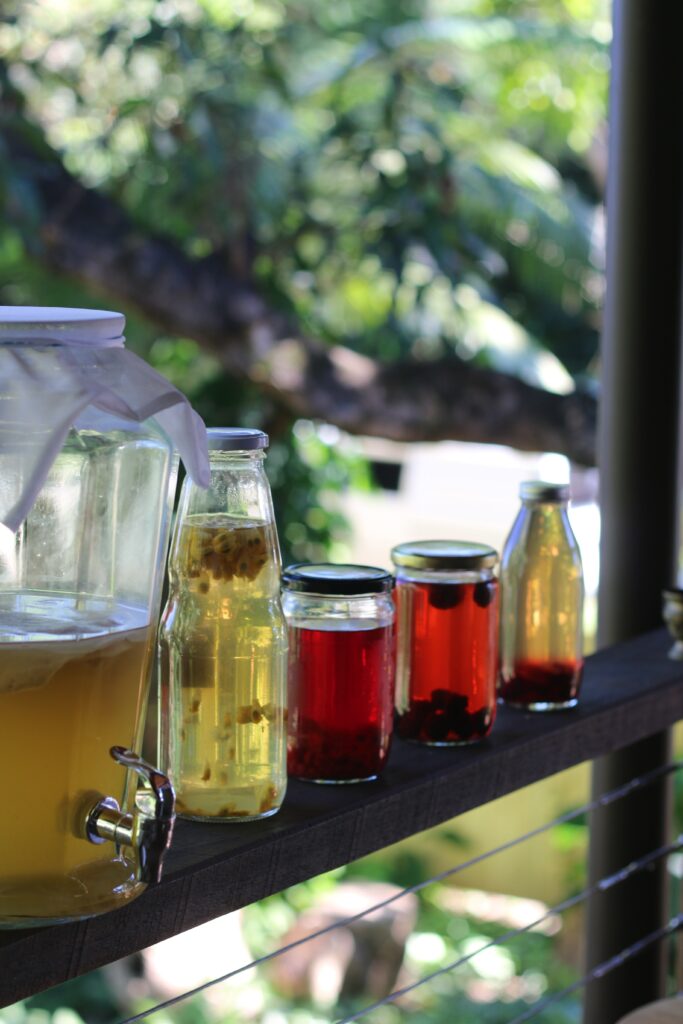Predictive modelling: Human gut microbiome resilience after antibiotic stress
Modelling the impacts of antibiotics in order to predict and prevent the harmful side effects on the human gut microbiome.
The challenge
Significant disturbances to the gut microbiome can be induced by numerous diet and lifestyle factors, as well as medications such as antibiotics. Imbalances in the human gut microbiome populations (dysbiosis) are associated with many diseases and poor health outcomes, including asthma, inflammatory bowel disease, autism, and obesity. A greater understanding of factors influencing gut microbiome resilience (the ability to resist and recover from change), and with it, an expanded range of microbiome resilience biomarkers, is expected to lead to strategies to boost resilience and improve health outcomes.
Our response

Credit – rohtopia.com
We will use a predictive modelling approach to understand and identify important keystone bacteria and their related analytes which influence human gut microbiome resilience. As an initial step, we will use in vitro fermentation with human stool to understand the ability of dietary factors to impact the resilience of gut microbes that have been exposed to broad spectrum antibiotics. Studies in vivo have shown that gut microbiome populations often take 3-6 months to return back to the pre-antibiotic state, and longer-lasting dysbiosis is possible.
We will test commercially available prebiotics and probiotics, as well as other foods or ingredients thought to benefit the gut microbiome and which may improve resilience. Multi-omic and metabolomic techniques will be used to give insights into changes in microbiome community composition and function, and help identify and measure biomarkers of microbiome resilience.
These findings will be used to assist in the development of a predictive model of microbiome resilience that can be tested and built upon through further in vitro and in vivo testing, and ultimately used to assist in clinical therapies or dietary strategies that improve health.
The team

